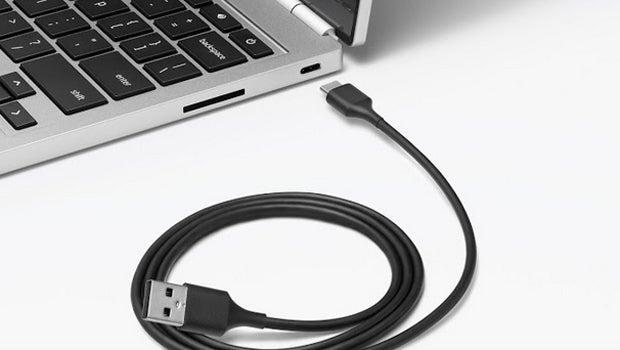Dodgy USB-C cables to be foiled by new software

The company responsible for certifying the USB Type-C standard has announced steps to protect against dodgy cables.
USB Type-C has been taking off steadily over the past year or so, with the likes of the MacBook and the Google Nexus 6P showcasing the connection standard’s advantages.
The standard is compact, reversible, and capable of both fast charging and data transfer.
However, USB-C (as it’s also known) has had a problem with dodgy cables that don’t quite meet up to the full standards required. Indeed, some can actively damage the host device under certain circumstances.
Now the USB-IF has announced measures to solve this issues. The USB Type-C Authentication specification is a protocol that enables devices to confirm the authenticity of USB devices or chargers at the point of connection, before any power or data can be transferred.
This authentication data is transmitted using 128-bit encryption, so it’s secure.
Related: USB-C: everything you need to know
As that suggests, the authentication specification can also spot malware before it’s transferred over USB. It’s also possible to configure the host device to only accept certain connections, which will be of particular interest to companies and financial institutions.
Next, check out our guide on shopping for a smartphone:
Ars Technica reports that it could be possible to update existing USB Type-C equipment with firmware updates, but naturally that rules out a whole heap of dumb cables and adaptors. Replacements will probably be necessary.


